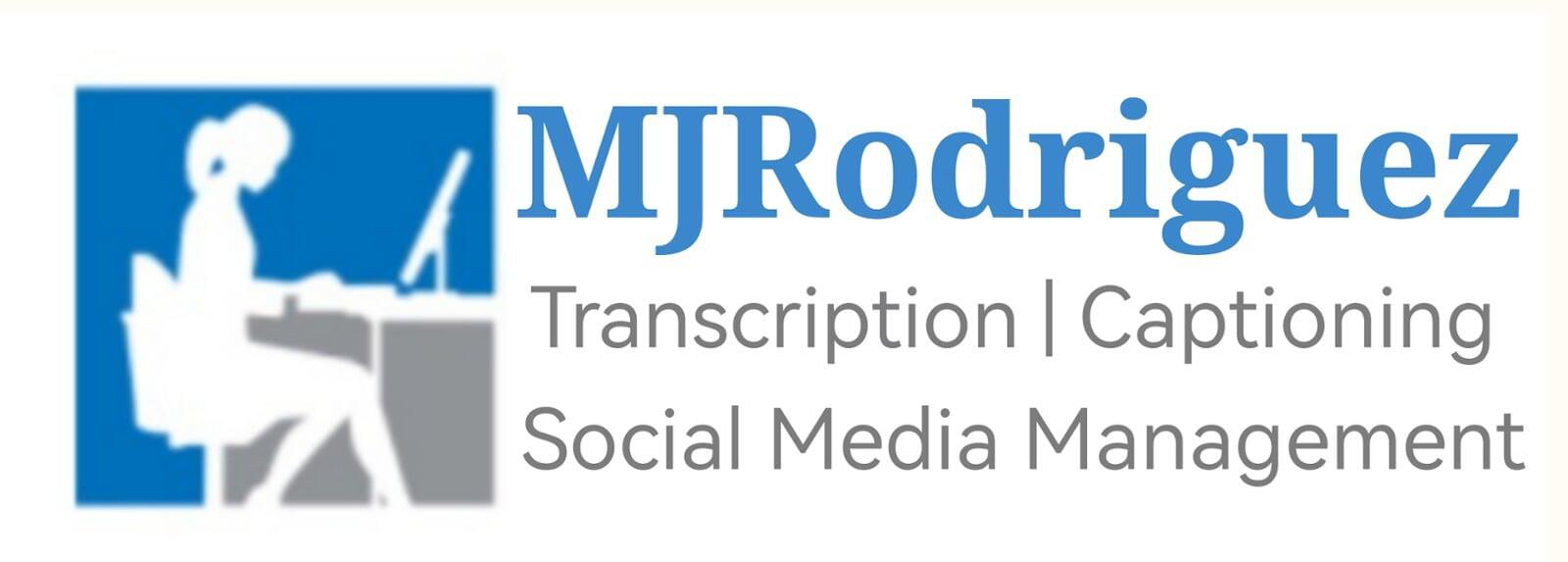AI Advancements and Their Effects on the Transcription Industry
The transcription industry, long reliant on human expertise to convert spoken words into written text, is undergoing a profound transformation due to advancements in artificial intelligence (AI). AI-powered transcription software applications, utilizing speech recognition and natural language processing (NLP), are now capable of automating significant portions of the transcription process. This technology is rapidly being adopted in various fields, including legal, medical, and general transcription. However, while AI has brought efficiency and cost savings to the industry, it also raises concerns about job displacement and ethical considerations. At the same time, AI is creating new job roles and reshaping the transcription profession in unexpected ways.
- AI in Legal Transcription
In legal transcription, accuracy and confidentiality are paramount, given the sensitive nature of court proceedings, depositions, and legal documentation. AI tools, particularly those leveraging speech recognition software, are increasingly being used to handle the transcription of these materials. AI can transcribe hours of courtroom recordings or legal dictations at a speed far surpassing human transcriptionists. Additionally, AI algorithms can be trained to recognize legal jargon and case-specific terminology, enhancing the precision of transcriptions.However, human oversight remains critical in legal transcription. While AI is adept at producing first drafts, it often struggles with the complexities of legal language, crosstalk in courtroom settings, or accents, making human review necessary to ensure accuracy. As AI technology continues to evolve, it is expected that its role in legal transcription will grow, but full automation is still a distant prospect.
- AI in Medical Transcription
Medical transcription has long been a specialized field due to the need for precise documentation of patient records, diagnoses, and treatments. AI is making significant strides in this area, particularly through the use of voice recognition software integrated with electronic health records (EHR) systems. Physicians can dictate notes directly into the system, and AI transcribes the spoken words into medical records, saving time and reducing administrative burdens on healthcare professionals.While AI reduces turnaround times and minimizes human error, there are concerns about its ability to consistently understand medical terminologies, especially given the variations in speech patterns, accents, and context-specific language. Moreover, errors in medical transcription can have serious consequences for patient care, necessitating the need for human transcriptionists to review and edit AI-generated content. Still, AI is improving steadily and has already lightened the load in many healthcare settings.
- AI in General Transcription
General transcription, encompassing everything from business meetings to podcasts and interviews, has seen the most significant impact from AI. Speech-to-text software like Otter.ai, Sonix, and Google’s transcription services are being widely adopted for everyday transcription needs. These tools can quickly generate rough transcripts, which are particularly useful for individuals or companies seeking fast, cost-effective solutions.However, general transcription poses challenges for AI in accurately capturing diverse speech patterns, background noise, and multiple speakers. While AI can handle simple, clear dictations well, human intervention is often required to ensure that transcripts are coherent and polished. Nevertheless, for many organizations, AI transcription tools offer a highly practical solution for general transcription tasks, making them an integral part of the workflow.
- Potential Job Displacement in the Transcription Industry
As AI continues to advance in automating transcription tasks, there are genuine concerns about potential job losses in the industry. AI can perform basic transcription tasks at a fraction of the cost and time it takes for human transcriptionists, which could lead to a reduced demand for traditional transcription services. Entry-level transcription jobs, in particular, are at risk as companies increasingly turn to AI to handle simple transcription needs.However, while AI is automating routine tasks, the need for human transcriptionists to review, edit, and improve AI-generated transcripts remains. The most likely scenario is not full automation, but rather a shift in the types of transcription jobs available. Human transcriptionists are likely to take on more specialized roles, focusing on quality control, complex transcription tasks, or highly specialized fields like legal and medical transcription.
- New Job Roles Emerging in the Transcription Industry
The rise of AI has also given birth to new job roles within the transcription industry. "Transcription editors" or "proofreaders" are now in high demand to refine and correct AI-generated transcripts. Additionally, roles such as AI trainers and linguists are becoming essential, as these professionals work to train AI models to better understand specific industries, accents, and languages.Another emerging role is that of "AI transcription project managers," who oversee the integration of AI tools into the transcription workflow, ensuring that the technology meets the specific needs of their clients. These new positions require both technical skills and deep knowledge of transcription standards, offering transcriptionists an opportunity to upskill and transition into higher-value roles in the industry.
- Ethical Implications of AI in the Transcription Industry
The integration of AI into the transcription industry also raises ethical concerns, particularly around data privacy and the potential for bias. In fields like legal and medical transcription, the handling of sensitive data by AI systems poses privacy risks, especially if data is processed or stored by third-party services without adequate protections. Ensuring that AI systems comply with stringent privacy regulations like the General Data Protection Regulation (GDPR) and the Health Insurance Portability and Accountability Act (HIPAA) is critical.Moreover, AI transcription systems may exhibit bias, particularly if they are trained on limited datasets. For example, speech recognition systems may perform poorly with certain accents or dialects, leading to inaccuracies in transcripts that could have significant consequences, particularly in legal or medical contexts. Addressing these ethical concerns requires ongoing vigilance, transparency, and a commitment to refining AI models to be as inclusive and accurate as possible.
The effects of artificial intelligence on the transcription industry are profound, offering both opportunities and challenges. AI is enhancing efficiency in legal, medical, and general transcription, reducing costs, and speeding up the transcription process. However, concerns over job displacement, the need for human oversight, and ethical considerations must be addressed to ensure that AI benefits all stakeholders in the industry. Rather than replacing human transcriptionists, AI is creating new roles that require specialized skills, transforming the nature of work in the field. As AI continues to evolve, the transcription industry will need to adapt, embracing both the advantages and the complexities that come with this technological revolution.




